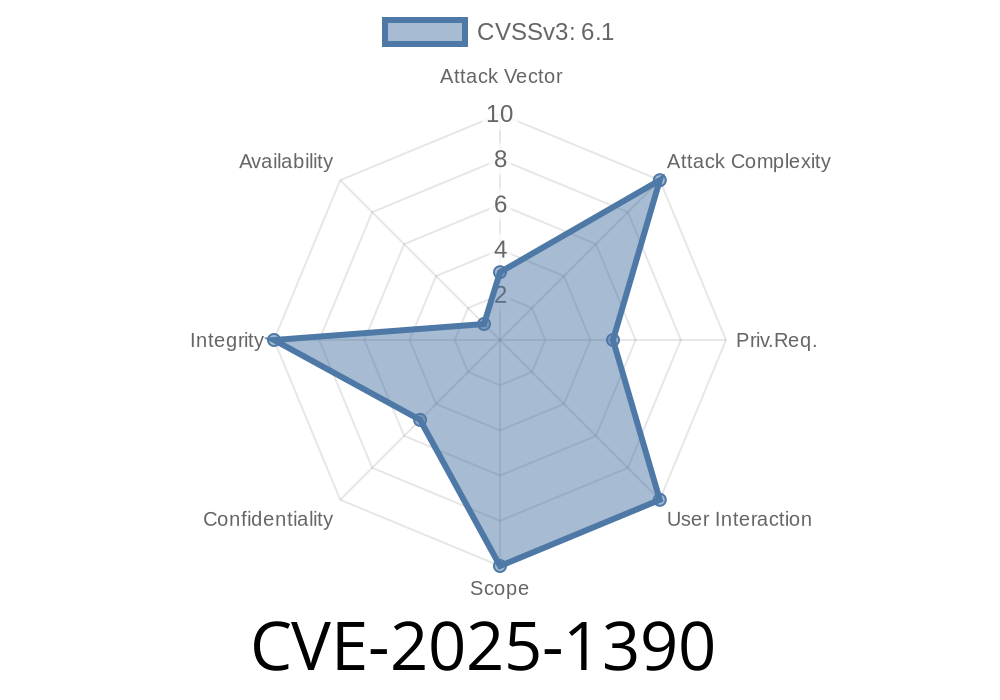The libcap package provides tools for configuring capabilities on Linux systems, including the powerful PAM (Pluggable Authentication Modules) engine. PAM is utilized for managing user authentication, restrictions, and security processes. Recently, it has been discovered that the libcap package's PAM module, pam_cap.so, contains a security vulnerability designated as CVE-2025-1390. This vulnerability can potentially lead to local privilege escalation attacks on systems using the /etc/security/capability.conf file for configuration.
Vulnerability Details
The pam_cap.so module of libcap is designed to support group names prefixed with the "@" symbol. However, during the parsing process, entries that do not start with "@" are incorrectly recognized as group names instead of usernames. This issue can lead to unintended users being granted an inherited capability set, raising potential security risks.
Exploitation of this vulnerability involves an attacker crafting a specific username that, when parsed by the PAM module, triggers the incorrect group name recognition and grants them local privileges they wouldn't otherwise have. By exploiting this vulnerability, attackers can achieve local privilege escalation on systems where /etc/security/capability.conf is used for configuring inherited user privileges.
Code Snippet
Below is an example of a configuration in /etc/security/capability.conf that demonstrates this vulnerability:
cap_dac_override username_without_at_prefix
In this sample, the configuration should apply the "cap_dac_override" explicitly for a username specified, but due to the bug, it is incorrectly interpreted as a group name, granting the capability to unintended users.
Original References
1. Libcap GitHub Repository
2. PAM - Pluggable Authentication Modules for Linux
Mitigation
To address this vulnerability, it is crucial to review and update libcap and ensure that the necessary patches have been applied. It is also recommended to double-check the configurations in /etc/security/capability.conf to ensure only intended users or groups are granted specific capabilities.
It is worth noting that libcap package updates are often distributed as part of the system's package updates. Therefore, regularly updating your operating system and packages can help mitigate this CVE-2025-1390 vulnerability, along with other potential security risks.
Conclusion:
CVE-2025-1390 in the libcap package's pam_cap.so module causes incorrect recognition of group names during parsing configurations, leading to potential local privilege escalation attacks. Users and administrators should remain vigilant in keeping their systems up-to-date and applying patches as soon as they become available. By doing so, they can minimize the security risks associated with this vulnerability.
Timeline
Published on: 02/18/2025 03:15:10 UTC
